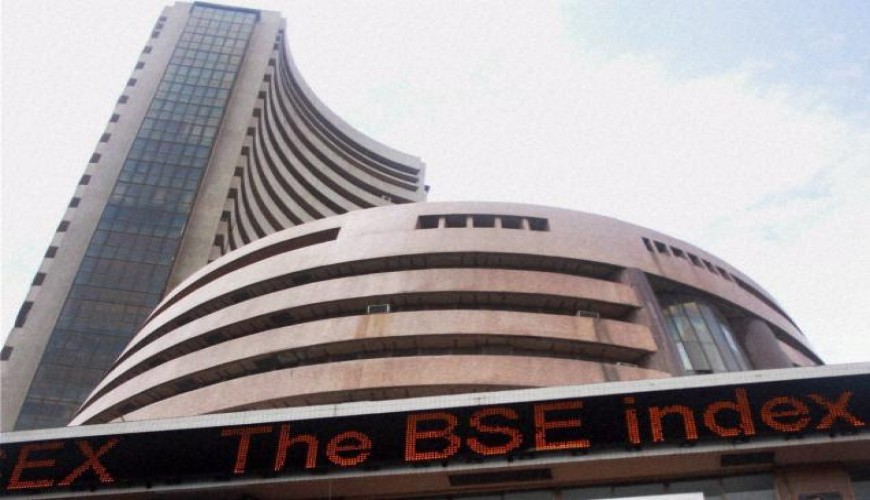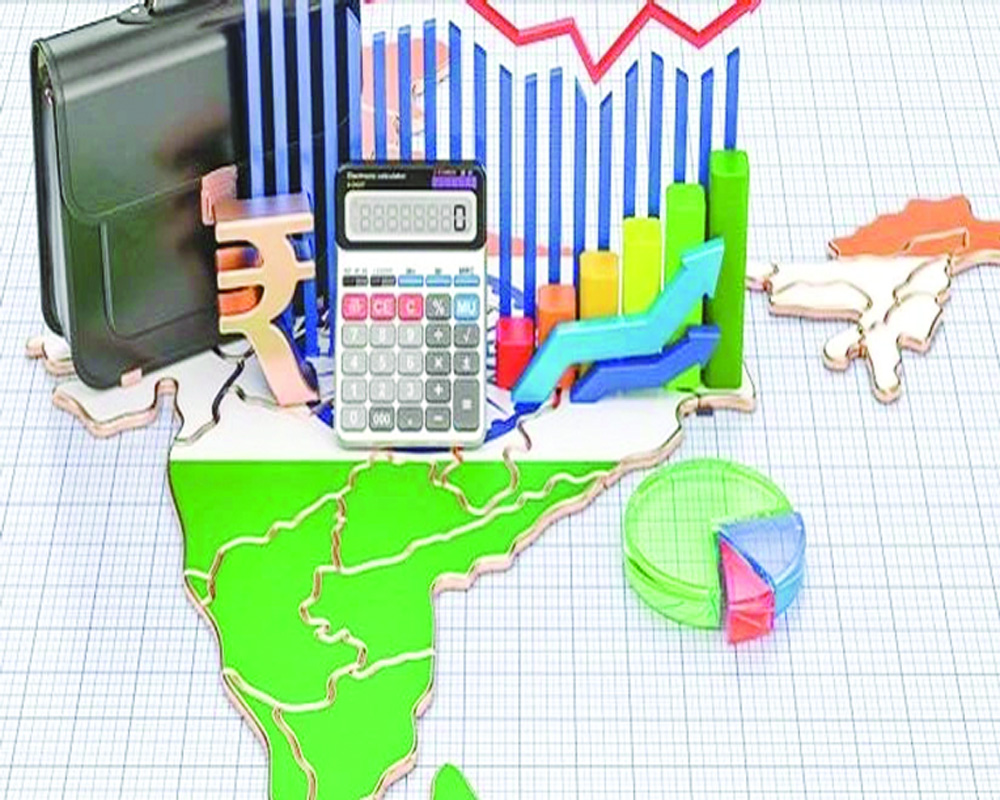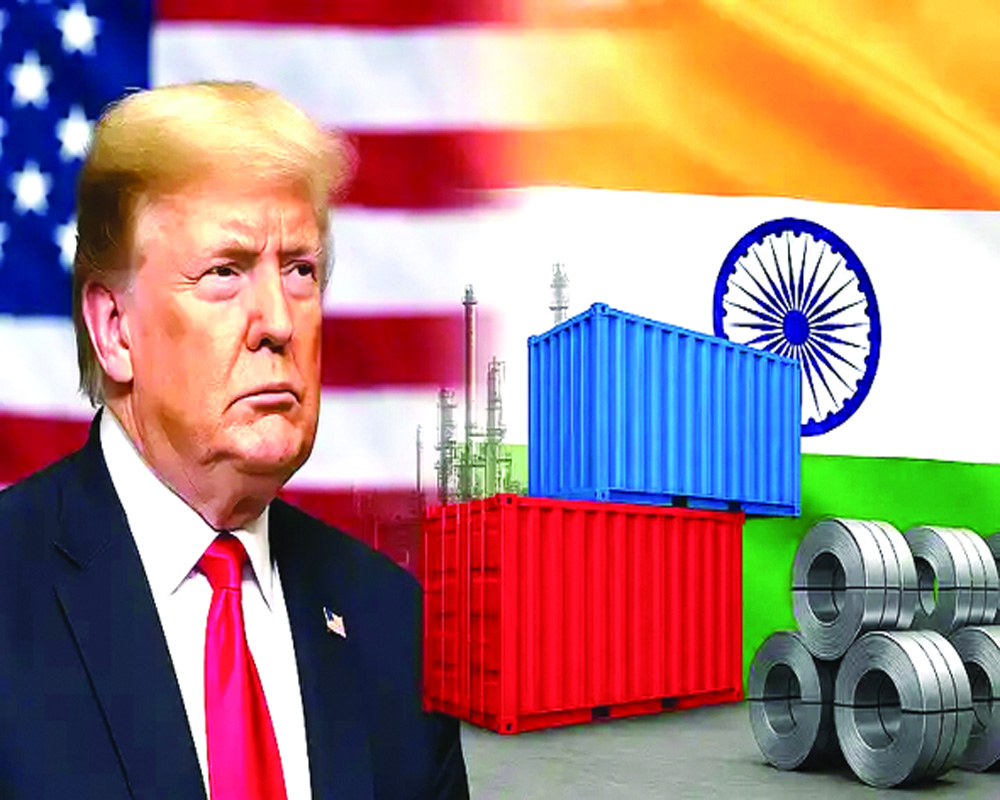It has been the question of the day at every high-powered international gathering for two years: Are we out of the woods? The answer at this year's World Economic Forum appears to be an optimistic "Yes, but..." The world may have stepped back from the particular brink of 2008, but it faces huge risks ranging from spiraling food and commodity prices to the danger of trade and currency wars, against a background of growing inequalities that threaten stability.
So at the start of the annual conference at Davos, celebrity economist Nouriel Roubini raised a glass that was half-full – or Nouriel Roubini raised a glass that was half-full - or was it half empty? - and declared it a metaphor for the global economy. Judging by the opening panel that Roubini shared with an international array of business leaders and economic thinkers, it is also a world that is struggling to come to terms with the historic transfer of wealth and influence away from the long-dominant West: Will countries collaborate? Can it work to everyone's benefit or will living standards in the developed world collapse? Will the world run out of re- sources? The panel struggled with these themes.
"There is a global economic recovery," said Roubini, who gained renown for predicting the crisis of 2008 and a few months ago was still warning against the possibility of a "double dip recession." He noted that "balance sheets are strong, confidence is rising," credit spreads have fallen and liquidity - the availability of credit has increased.
But he warned that in the U.S. and Europe, growth remained low and unemployment high, and the U.S. faced a continued real estate crisis and inspired little faith in its ability to tackle its deficit and debt. In Europe, markets have forced an austerity that endangers growth. And in an allusion to China, Roubini said there was "not enough exchange rate adjustment" and warned this could lead to "currency wars and eventually trade wars and protectionism." Advertising magnate Martin Sorrell said he was "surprised, very surprised" by how well business did in 2010, admitting he would not have predicted that the revenues of his firm - global communications empire WPP - would return to pre-crisis levels by the second quarter of last year.
But he warned that corporations were so spooked by the crisis, and perhaps also by the current risks, that "there is an unwillingness in the West to invest in capacity and in increasing fixed costs" - such as new employees. So even though revenues in many cases are back to where they were, people have not been rehired - which explains unemployment but also the high profit margins that are buoying stock prices and balance sheets.
One bright spot for the businessmen: whereas James Turley, chairman and CEO of Ernst & Young, said business felt "demonized over the last couple of years," he said he was now identifying a change of tone from Washington that he attributed to a realization that "business needs to succeed in order for them to create jobs for people." But the panelists all agreed that the global recovery was uneven: tepid in Western Europe, slow in the U.S. and fast in many of the emerging economies. Reflecting the global transition, panelists noted that the transfer of wealth was not just from west to east - but also to the south, with impressive gains in Latin America and Africa. Expanding on the previous shorthand acronym "BRIC" - how Goldman Sachs described the emerging global relevance of Brazil, Russia, India and China - the catch-phrase seemed to be the "Next 11" - a clutch of other emerging nations ranging from Indonesia to Vietnam.
It is in these emerging economies that one sees most of the interesting initial public offerings on stock markets, Turley said. And he noted that trade between emerging markets themselves - by- passing once-dominant trading partners in the West was increasingly common. But the recovery is fueling demand that is causing fast gains in commodity prices - oil and metals, for example - and runaway food prices that are blamed for increasing social instability in some places and account in part for the recent revolution in Tunisia. For many countries, panelists noted, this raises the question is whether to raise interest rates to dampen consumption and bring down prices: that also drives up the currency - suppressing exports and it can harm growth.
Turley also noted that the world would soon face great demo- graphic imbalances, creating some unexpected alliances: In 2020, he said, the average age in the U.S. and China will be 37- 38; in Western Europe and Japan it will be 47-48; and in India and the Middle East it will be 27-28. "This will cause enormous impact and an array of policy issues," he said. The panel identified inequality - in both developed and emerging economies - as a major problem that could feed social unrest, creating uncertainties that might stifle the recovery.
Sorrell noted that wealthy people are more likely to invest their spare cash in financial assets "that causes asset bubbles" where as when the wealth is more evenly spread the chances of growth stimulating and therefore wealth spreading consumption increases. "You attack it with increasing marginal income rates" which is rarely a popular policy, Sorrell said. Azim Premji, chairman of Wipro, a global information technology firm, said inequalities were increasingly visible in his country of India and elsewhere in the developing world, where rapid ad- vances were not spread equally. Zhu Min, a former deputy governor of the People's Bank of China, said the billions of people in the developing world wanted to have the same things the developed world has: "An American life, a big car, pension... But it won't work because we don't have the resources." Would these aspiring billions really agree to make do with less? In a way, but not exactly, Zhu Min told The Associated Press: "We don't want to adopt the Western model. It won't work. It will be necessary to come up with a new model."








 OpinionExpress.In
OpinionExpress.In















Comments (0)